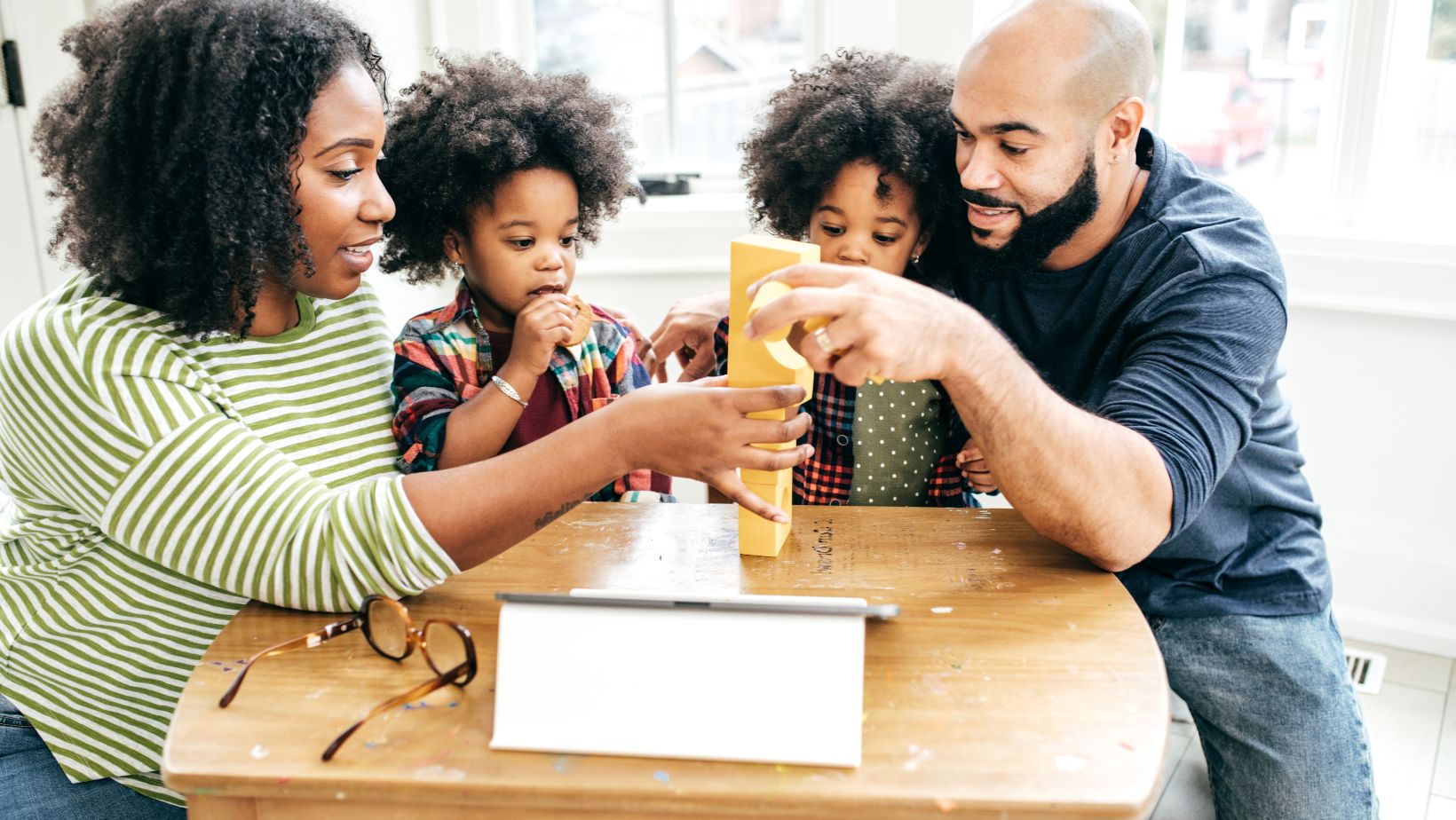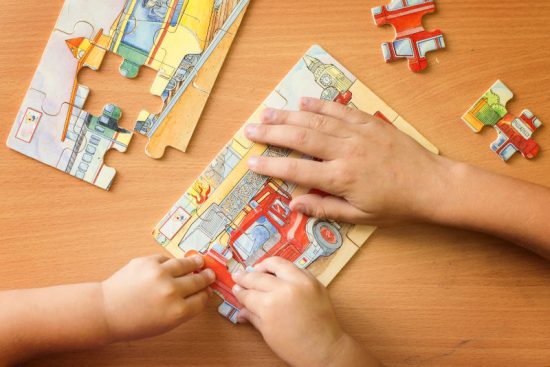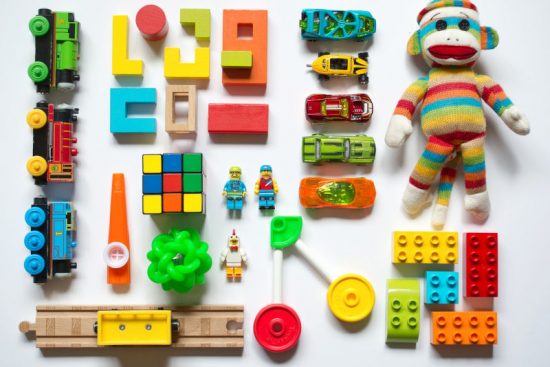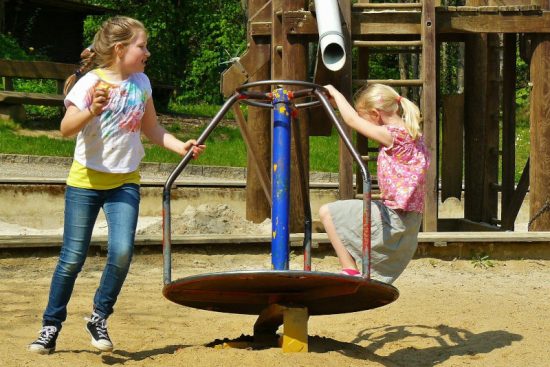
Navigating the journey of parenthood can be both exhilarating and overwhelming for couples. From deciding on parenting styles to managing daily routines, the questions that arise are endless. Addressing these questions together can strengthen the bond between partners and create a more harmonious family environment.
Parenting Questions for Couples

Discussing parenting questions helps couples create a smooth pathway through their parenting journey.
Discussing parenting styles ensures alignment between partners, leading to consistent approaches in raising children. Misalignment may cause conflicts. For example, one parent might favor authoritative techniques while another might lean towards permissive methods. Clear communication avoids confusion for children and provides a unified front.
The Impact of Parenting Decisions on Relationships
Parenting decisions impact relationships by either reinforcing unity or creating division. Decisions about education, discipline, and daily routines need consensus to maintain harmony. When both partners share the same vision, it minimizes disagreements and fosters a cooperative environment. Discrepancies can lead to stress and misunderstandings, affecting parental roles and dynamics.
Essential Parenting Questions for Couples
Couples need to engage in meaningful discussions to foster a smooth parenting journey. Addressing essential parenting questions helps ensure unity and clarity.
Questions About Discipline and Values
Couples need to discuss how they plan to discipline their children. Common topics include setting boundaries, consequences for misbehavior, and rewarding good behavior. It’s helpful to agree on which values to instill, such as honesty, respect, and responsibility. These conversations prevent contradictions and create a consistent environment for children.
Questions on Education and School Involvement

Education choices significantly impact a child’s development. Couples should talk about preferences for public vs. private schooling, homeschooling, or specific educational philosophies. Determine how involved each parent will be in school activities, parent-teacher meetings, and homework help. Clarifying these roles ensures both parents contribute effectively to their child’s education.
Discussing Health and Nutrition
Health and nutrition are keys to a child’s well-being. Discuss dietary preferences, restrictions, and meal planning. Agree on approaches to medical care, including vaccinations and regular check-ups. Conversations about physical activities, sports, and sleep routines are also crucial. Address these areas to promote a child’s healthy growth.
Communication Strategies for Parenting Discussions
Couples having open and honest communication foster a cooperative parenting environment, ensuring consistency in their approach. Regularly scheduled talks help address ongoing parenting issues. Being proactive, not reactive, prevents misunderstandings.
Active Listening
Active listening by both partners ensures they understand each other’s perspectives. Couples making eye contact and acknowledging their partner’s points shows respect and attention. Taking turns speaking without interruptions allows for clarity and expression.
Non-Verbal Cues
Non-verbal cues play a key role in communication. Body language, facial expressions, and tone of voice convey feelings and attitudes. Couples maintaining open body language and a calm demeanor avoid defensiveness and misinterpretation.
Conflict Resolution
Effective conflict resolution techniques help in resolving disagreements swiftly. Couples addressing conflicts calmly and focusing on the issue, not the person, facilitates resolution. Compromising and finding common ground solidify joint decisions.
Setting Boundaries

Setting clear boundaries ensures respectful communication. Couples agreeing on specific times for parenting discussions avoids conflicts during inappropriate moments. Respecting these boundaries promotes a healthy dialogue environment.
Empathy and support between partners strengthen their parenting alliance. Couples acknowledging each other’s feelings and validating experiences create a supportive atmosphere. Offering help and reassurance reinforces mutual trust.
Regular Check-Ins
Regular check-ins maintain alignment on parenting goals. Couples scheduling weekly or bi-weekly discussions analysis progress, address new concerns, and celebrate achievements. Consistent check-ins ensure ongoing collaboration and adjustment. In conversations about family planning, it can be helpful to look into Tubal Reversal and similar resources for long-term clarity. By exploring options together, couples strengthen trust and make more confident choices about their future.
Planning for the Future
Couples who prioritize discussing essential parenting questions set a strong foundation for their family’s future. By aligning on discipline, education, and health, they create a cohesive environment that benefits their children. Effective communication methods like active listening and empathy ensure that both partners feel heard and respected. Regular check-ins and mutual support help navigate challenges and maintain a united front. This proactive approach not only minimizes conflicts but also promotes a nurturing and stable upbringing for their children. Investing time in these discussions now leads to a harmonious and well-coordinated parenting journey ahead.




